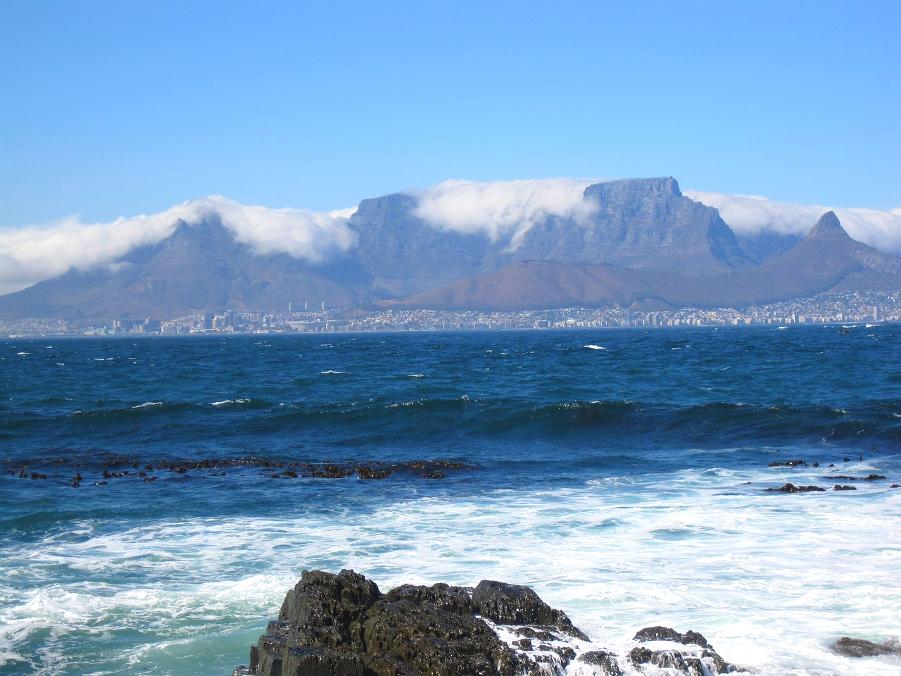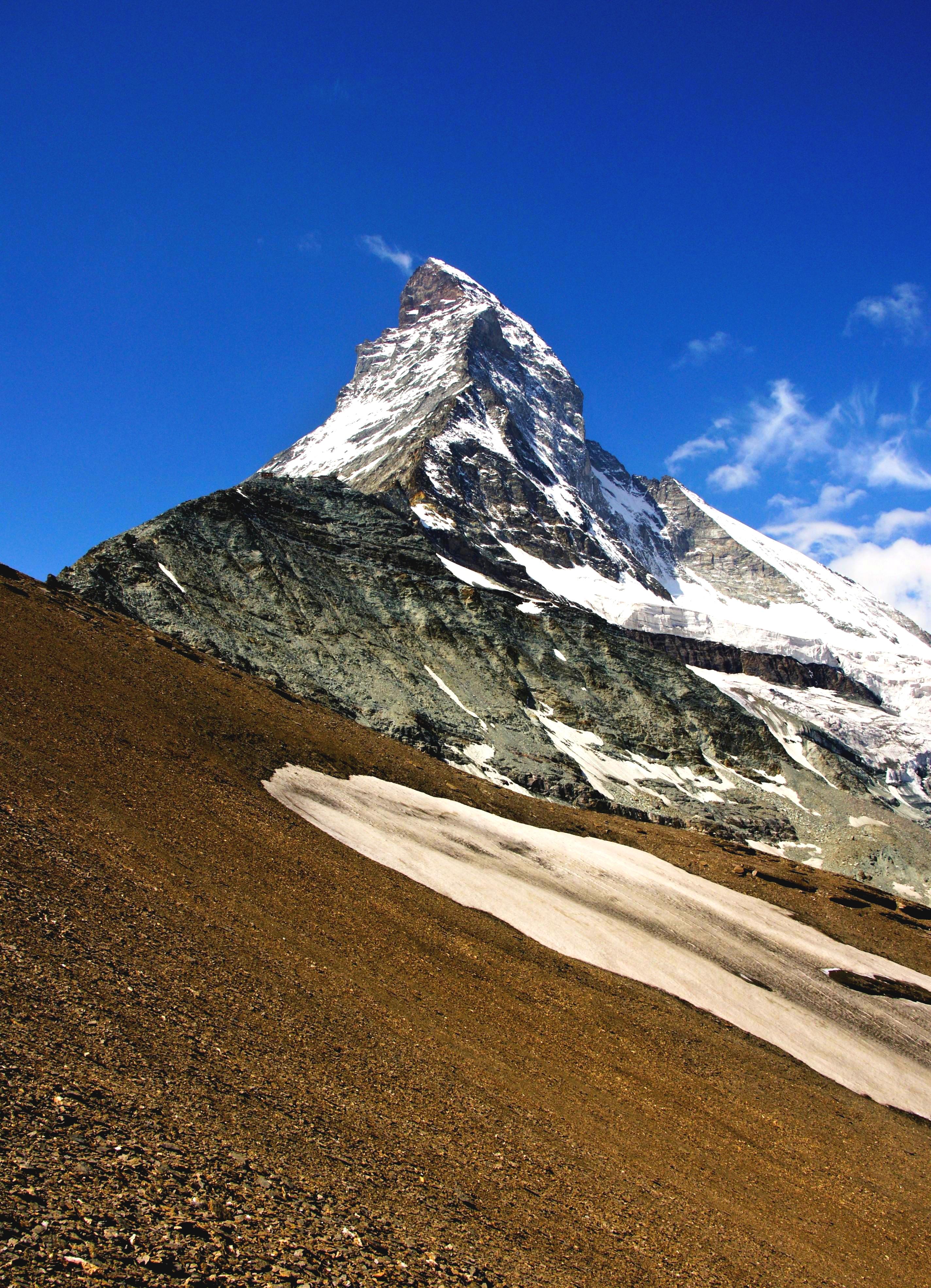
2 minute read
Africa?sOnly ThreeMountain GlaciersCould Disappear Soon
AFRICA?SONLY THREEMOUNTAIN GLACIERSCOULD DISAPPEARSOON
The effects of global warming spares no nation or continent and requires a collective commitment to combat the challenge. The most recent gathering of more than 120 heads of state government in Glasgow in November 12, 2021 indicates the severity of the challenge.
However, the major emitters, such as Chinese President Xi J inping and Russian President Vladimir Putin's absence drew major criticism and a setback to achieving the collectively endorsed goal of limiting global warming to 1.5 degrees Celsius above pre-industrial levels.
Prior to achieving the set goals, Africa is predicted to be negatively impacted by climate change, despite its population contributing little to the problem.
According to a new United Nations report that outlines the many issues facing the continent due to global warming, the last three mountain glaciers in Africa are melting so much that they may disappear in the next 20 years.
The UN report also acknowledged that the impact of climate change on the continent is worsening faster than scientists anticipated. At this rate, Africa?s three remaining glacier regions found on Mount Kilimanjaro in Tanzania, Mount Kenya in Kenya, and the Rwenzori Mountains bordering Uganda and the Democratic Republic of Congo, will be permanently lost within a span of 20 years. Mount Kenya is expected to lose its glacier even sooner, making it ?one of the first entire mountain ranges to
lose glaciers due to human-induced climate change.
A glacier is a huge mass of ice that moves slowly over land. The loss of Africa's glaciers symbolizes how priceless natural wonders are being irreversibly destroyed by greenhouse gas pollution. Reuter?s Tim Cocks reports that the world's 20 largest economies produce more than three-quarters of greenhouse gas emissions and those emissions affect climates around the globe. Unfortunately, Africa, a continent that contributes just 4 percent of global greenhouse gas emissions, is among the most vulnerable to the impacts of climate change.
This prediction paints a gruesome picture for Africa. Despite the continent?s minimal greenhouse gas emissions, climate change will continue to intensify heatwaves and extend drought periods. A drought or flood can result in food insecurity increasing by 5-20% in certain sub-Saharan African populations.
By 2030, up to 118 million severely low-income people ?will be exposed to drought, floods and extreme heat in Africa, if adequate response measures are not put in place,?said H.E. Josefa Leonel Correia Sacko, Commissioner for Rural Economy and Agriculture African Union Commission. ?Not only are physical conditions getting worse but also the number of people being affected is increasing?, the commissioner says.
Along with COVID-19 recovery, enhancing climate resilience is an urgent and continuing need. Investments are particularly needed in capacity development and technology transfer, as well as in enhancing countries?early warning systems,
?Overall, Africa will need investments of over $3 trillion in mitigation and adaptation by 2030 to implement its [national climate plans],?the WMO?s Taalas said.
Climate change is the single biggest threat facing humanity, the government and health professionals worldwide should collaborate to help avert this unfolding crisis to preserve life.

ReneeE fya
Melanin Natural Skin Pigmemet











